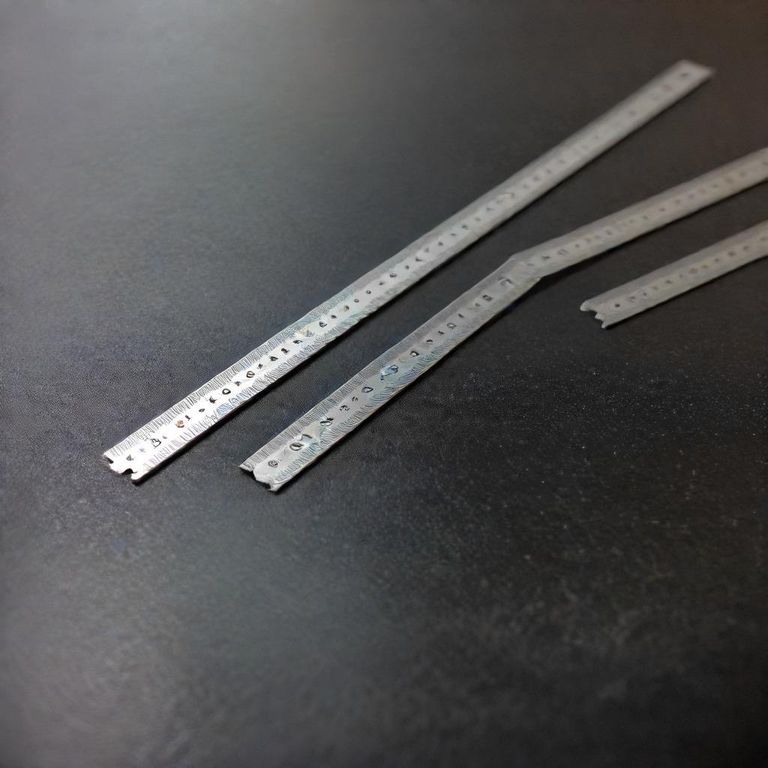Inches to Millimeters Converter
Understanding 0.012 Inches to mm
Converting measurements is crucial in various fields, especially in engineering and manufacturing. If you’re asking “how do you convert 0.012 inches to mm,” this guide will help clarify the process and provide insights.
The Conversion Formula
To convert inches to millimeters, you can use the following formula:
1 inch = 25.4 mmTherefore, to find out how many millimeters 0.012 inches equate to, you can multiply:
0.012 inches * 25.4 mm/inchThis results in:
0.012 inches = 0.3048 mmWhy Convert 0.012 Inches to mm?
Utilizing millimeters is often more precise than using inches. Many countries use the metric system, making conversions necessary for international collaboration. Understanding how to convert 0.012 inches to mm can facilitate clear communication across various trades.
Common Uses of the Conversion
- Engineering specifications often require precise measurements.
- Manufacturing parts that fit together accurately.
Common Mistakes in Conversion
One common mistake when converting from inches to mm is neglecting to use the correct conversion factor of 25.4. It’s vital to remember that every small measurement can have significant implications in technical fields.
Top 10 Questions About 0.012 Inches to mm
- How does 0.012 inches to mm work? It works by using the conversion factor where 1 inch equals 25.4 mm.
- Can you easily convert 0.012 inches to mm? Yes, especially if you remember the multiplication factor to apply.
- Is 0.012 inches a common measurement? Yes, it is often used in precise engineering and technical applications.
- What is the significance of 0.3048 mm? It is the millimeter equivalent of 0.012 inches, used frequently in specifications.
- Are there tools to assist with 0.012 inches to mm? Yes, many online calculators exist to help with conversions.
- Can I round the conversion results? Depending on accuracy requirements, rounding may be acceptable.
- Is conversion from mm to inches the same process? It’s similar but involves dividing by 25.4 instead.
- Why is metric measurement used globally? It is standardized, making it easier for international collaboration.
- What fields use 0.012 inches to mm conversions? Engineering, physics, and construction often require such conversions.
- How do I ensure accuracy in my conversions? Always double-check calculations and use reliable tools or formulas.
Wow, I never would’ve guessed that 0.012 inches is so small! 🤯 Thanks for the conversion breakdown, it really helps with my DIY projects! Anyone know what that would be for a tiny screw? 🧐